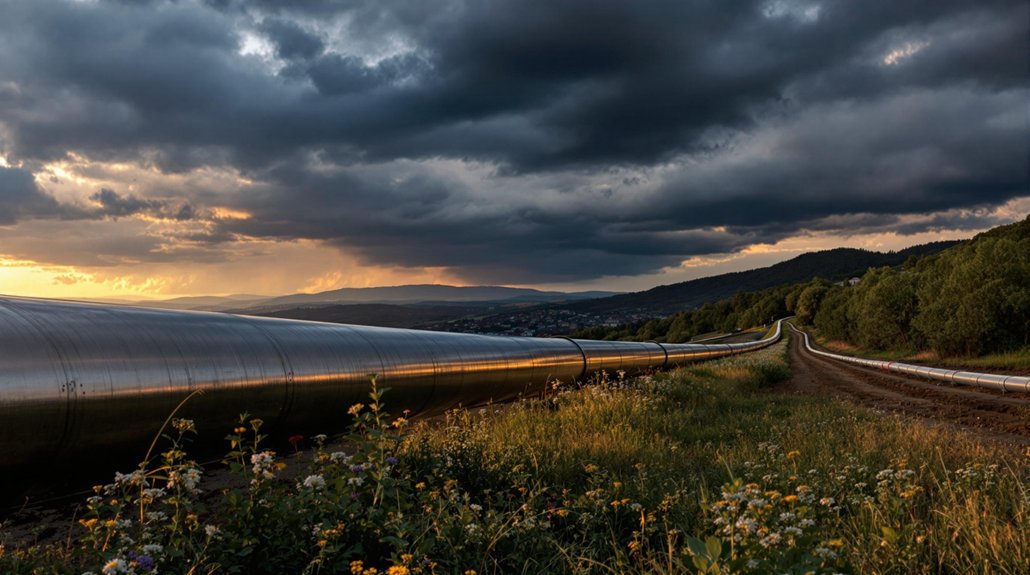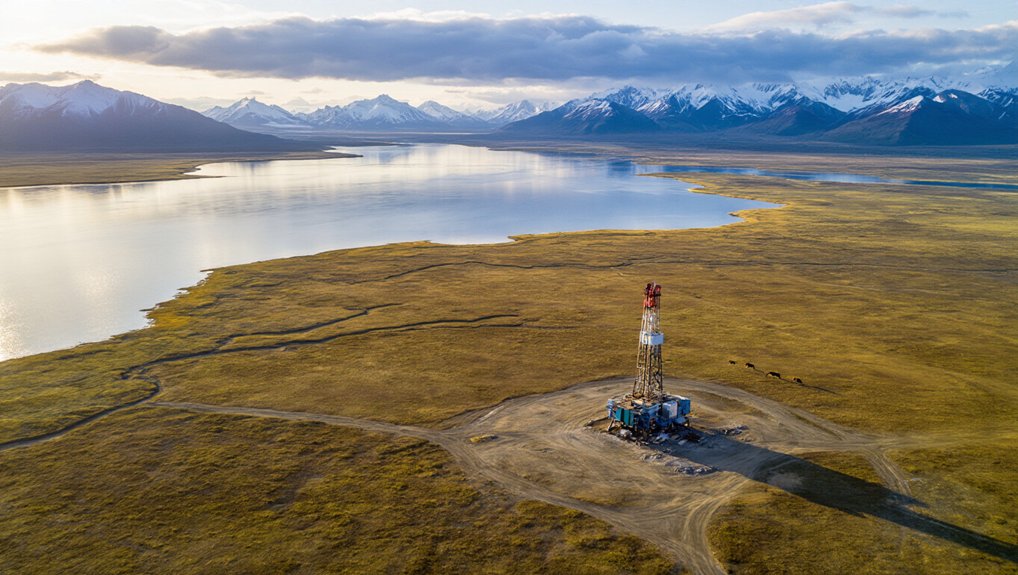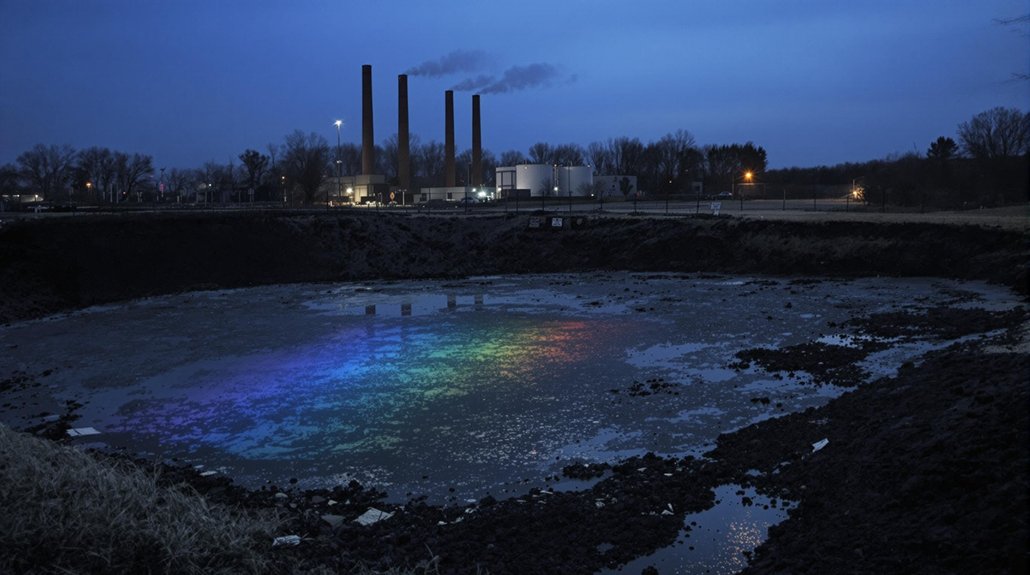The Tennessee Gas Pipeline project has been approved by FERC despite significant opposition from environmental groups. The 122-mile natural gas pipeline will deliver 300,000 dekatherms daily to TVA’s Kingston plant. Critics argue the pipeline disproportionately impacts low-income and Black communities while raising concerns about methane emissions. Legal challenges from Sierra Club and Appalachian Voices continue as tensions persist between immediate energy needs and long-term climate goals.
Federal regulators have given the green light to the Tennessee Gas Pipeline project, a controversial 122.2-mile natural gas pipeline that will deliver 300,000 dekatherms of gas daily to the Tennessee Valley Authority’s Kingston Fossil Plant. The Federal Energy Regulatory Commission (FERC) issued its approval following a preliminary environmental impact statement released in June 2024.
The pipeline, measuring 30 inches in diameter, is part of TVA’s shift plan from coal to natural gas energy production. East Tennessee Natural Gas, LLC is the company that has proposed this project. While supporters argue the switch will reduce certain emissions compared to coal, environmental groups, including the Sierra Club and Appalachian Voices, have filed lawsuits challenging FERC’s decision.
Critics point out that the pipeline disproportionately affects low-income and Black communities along its route. These environmental justice concerns include potential air and water quality impacts that may lead to increased respiratory diseases in already vulnerable populations. The 32-mile pipeline faces significant opposition due to its climate damage potential.
The U.S. Court of Appeals for D.C. reviewed challenges from conservation groups but ultimately upheld FERC’s approval. A special permit was granted allowing the pipeline to maintain its maximum allowable operating pressure despite changes in population density along its path.
Environmental advocates argue that the project contradicts federal climate goals by expanding fossil fuel infrastructure instead of investing in renewable alternatives like wind and solar energy. Renewable energy sources could achieve over 90% reductions in carbon emissions compared to fossil fuel generation. They’re particularly concerned about methane emissions, which have a higher global warming potential than carbon dioxide.
Supporters of the pipeline claim it will create jobs and support local economies while providing energy security. TVA maintains that natural gas is necessary for their shift away from coal power generation.
Community members have expressed distrust in the decision-making process, feeling their concerns about health risks and environmental damage were inadequately addressed. Legal complaints suggest FERC prioritized approval processes over public and environmental interests.
Despite ongoing opposition, construction plans continue to move forward as TVA implements its energy shift strategy, highlighting the tension between immediate energy needs and long-term climate concerns.









